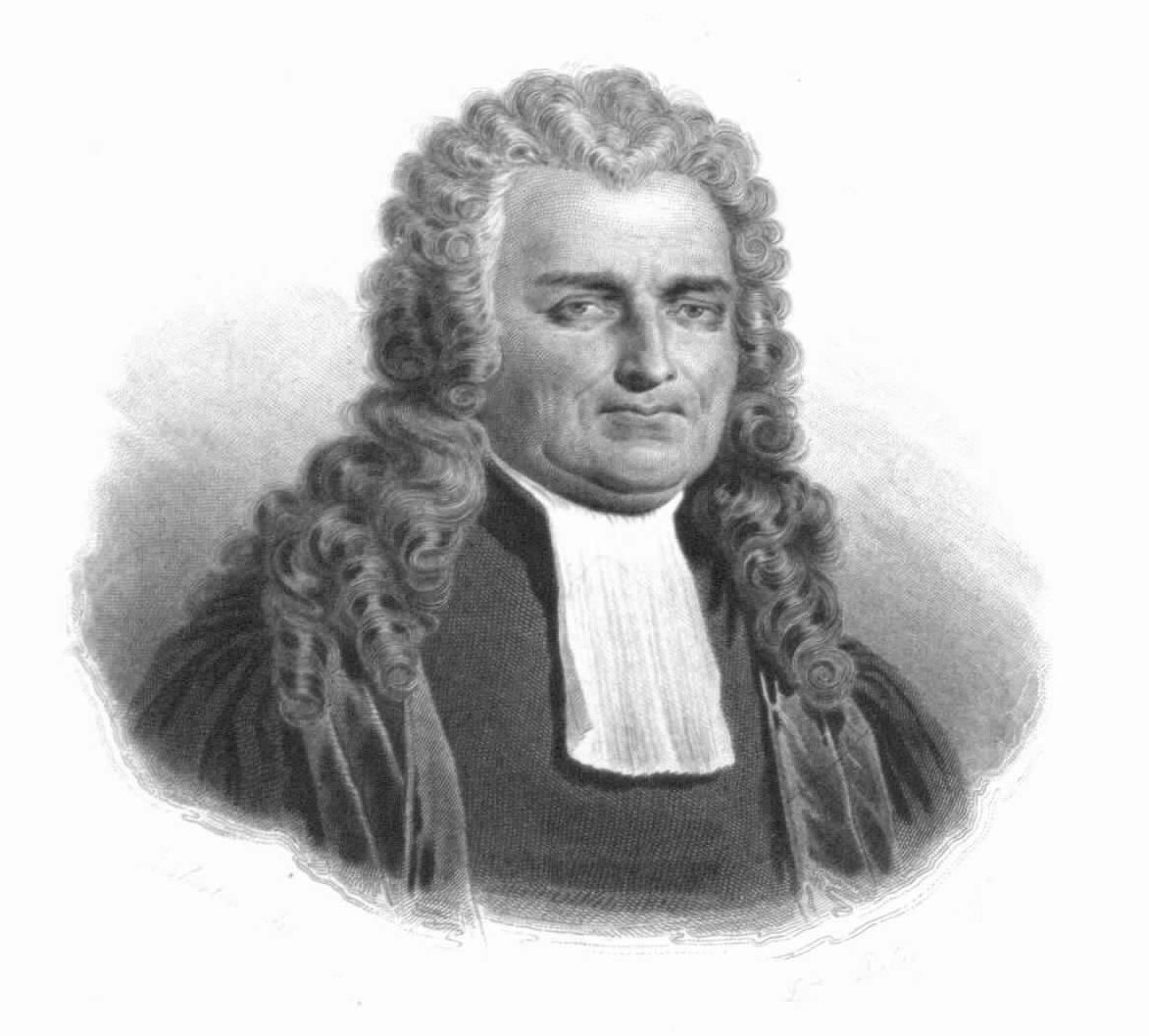Jean Baptiste Antoine Auget De Montyon on:
[Wikipedia]
[Google]
[Amazon]
 Antoine Jean Baptiste Robert Auget, Baron de Montyon (23 December 173329 December 1820) was a French philanthropist, born in
Antoine Jean Baptiste Robert Auget, Baron de Montyon (23 December 173329 December 1820) was a French philanthropist, born in
Catholic Encyclopedia article
{{DEFAULTSORT:Montyon, Jean Baptiste Antoine Auget De 1733 births 1820 deaths Politicians from Paris French politicians French philanthropists Fellows of the Royal Society
 Antoine Jean Baptiste Robert Auget, Baron de Montyon (23 December 173329 December 1820) was a French philanthropist, born in
Antoine Jean Baptiste Robert Auget, Baron de Montyon (23 December 173329 December 1820) was a French philanthropist, born in Paris
Paris () is the Capital city, capital and List of communes in France with over 20,000 inhabitants, most populous city of France, with an estimated population of 2,165,423 residents in 2019 in an area of more than 105 km² (41 sq mi), ma ...
.
Biography
His father was a ''maître des comptes''; he was educated in law, and became a lawyer at the Châtelet in 1755, ''maître des requêtes
A Master of Requests () is a counsel of the French ''Conseil d'État'' (Council of State), a high-level judicial officer of administrative law in France. The office has existed in one form or another since the Middle Ages.
The occupational title ...
'' to the Conseil d'État in 1760, and intendant successively of Auvergne
Auvergne (; ; oc, label= Occitan, Auvèrnhe or ) is a former administrative region in central France, comprising the four departments of Allier, Puy-de-Dôme, Cantal and Haute-Loire. Since 1 January 2016, it has been part of the new region Au ...
, Provence
Provence (, , , , ; oc, Provença or ''Prouvènço'' , ) is a geographical region and historical province of southeastern France, which extends from the left bank of the lower Rhône to the west to the Italian border to the east; it is bor ...
and La Rochelle
La Rochelle (, , ; Poitevin-Saintongeais: ''La Rochéle''; oc, La Rochèla ) is a city on the west coast of France and a seaport on the Bay of Biscay, a part of the Atlantic Ocean. It is the capital of the Charente-Maritime department. Wi ...
. He had repeatedly shown great independence of character, protesting against the accusation of Louis-René de Caradeuc de La Chalotais in 1766, and refusing in 1771 to suppress the local courts of justice in obedience to Maupeou. He was made a councillor of state in 1775 by the influence of Louis de Bourbon, duke of Penthièvre, and in 1780 he was attached to the court in the honorary office of chancellor to the comte d'Artois (afterwards Charles X
Charles X (born Charles Philippe, Count of Artois; 9 October 1757 – 6 November 1836) was King of France from 16 September 1824 until 2 August 1830. An uncle of the uncrowned Louis XVII and younger brother to reigning kings Louis XVI and Lou ...
). He followed the princes into exile, and lived for some years in London
London is the capital and List of urban areas in the United Kingdom, largest city of England and the United Kingdom, with a population of just under 9 million. It stands on the River Thames in south-east England at the head of a estuary dow ...
. During the emigration period he spent large sums on the alleviation of the poverty of his fellow immigrants, returning to France only at the second restoration. Endnotes:
* Lacretelle, "Discours sur M. Montyon", in the ''Recueil de l'académie'' (1820–1829)
* Quérard, ''La France littéraire'', vol. vi. (1834)
* F. Labour, ''M. de Montyon d'après des documents inédits'' (Paris, 1880)
* G. Dumoulin, ''Montyon'' (Paris, 1884)
* L. Guimbaud, ''Auget de Montyon'' (1909)
Between 1780 and 1787 he had founded a series of prizes, the awards to be made by the French academy
French (french: français(e), link=no) may refer to:
* Something of, from, or related to France
** French language, which originated in France, and its various dialects and accents
** French people, a nation and ethnic group identified with France ...
and the academies of science and medicine. These prizes fell into abeyance during the revolutionary period, but were re-established in 1815. In 1812 he was elected a Fellow of the Royal Society
Fellowship of the Royal Society (FRS, ForMemRS and HonFRS) is an award granted by the judges of the Royal Society of London to individuals who have made a "substantial contribution to the improvement of natural knowledge, including mathemat ...
of London.
When Montyon died, he bequeathed 12,000 francs for the perpetual endowment of each of the following prizes: for the discovery of the means of rendering some mechanical process less dangerous to the workman; for the perfecting of any technical improvement in a mechanical process; for the book which during the year rendered the greatest service to humanity; the "prix de vertu" for the most courageous act on the part of a poor Frenchman; the awards being left as before to the learned academies. He also left 12,000 francs to each of the Parisian hospitals.
Montyon wrote a series of works, chiefly on political economy:
* ''Éloge de Michel de l'hôpital'' (Paris, 1777)
* ''Recherches et considérations sur la population de la France'' (1778), a share of which is attributed to his secretary, Moheau
* ''Rapport fait à Louis XVIII'' (Constance, 1796), in which he maintained in opposition to Calonne's ''Tableau de l'Europe'' that France had always possessed a constitution, which had, however, been violated by the kings of France
* ''L'état statistique du Tunkin'' (1811) ; and ''Particularités... sur les ministres des finances en France'' (1812).
Notes
References
Catholic Encyclopedia article
{{DEFAULTSORT:Montyon, Jean Baptiste Antoine Auget De 1733 births 1820 deaths Politicians from Paris French politicians French philanthropists Fellows of the Royal Society